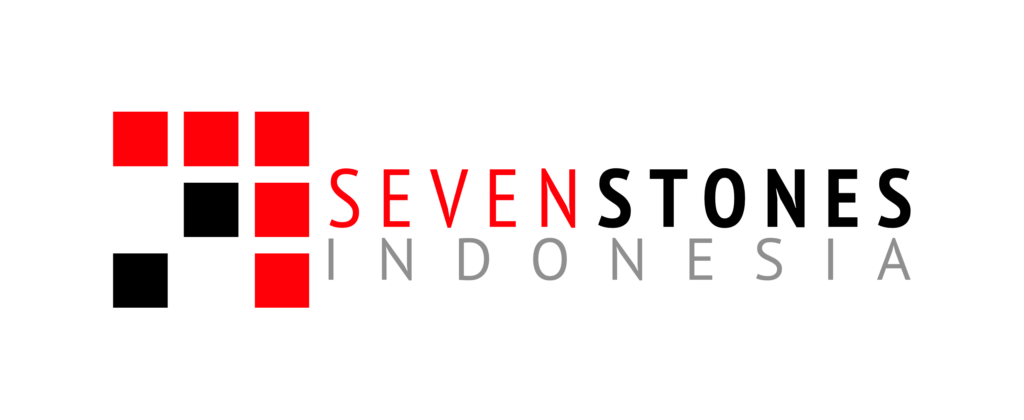
Indonesia’s hospitality industry is struggling as President Prabowo Subianto’s budget efficiency measures take effect. The sharp reduction in government-funded travel and events has led to a hospitality revenue decline, forcing hotels to cut costs, lay off workers, and rethink their business strategies. Industry leaders warn that without government intervention, the crisis could worsen, pushing more hotels toward closure.
Government Budget Cuts Impact Hotel Industry
The government’s decision to cut spending under the 2025 Budget Efficiency initiative has significantly reduced operational expenditures, including official travel and hotel bookings. Prabowo’s policy mandates ministries and regional governments to limit business trips and ceremonial events, slashing travel budgets by 50%.
This has directly impacted hotels, particularly those reliant on MICE (Meetings, Incentives, Conventions, and Exhibitions) events. According to PHRI (Indonesian Hotel and Restaurant Association) Secretary-General Maulana Yusran, “National hotel occupancy has dropped to 20%, far below last year’s average of 50%-60%. Almost all regions are affected, especially hotels reliant on MICE from government spending.” he stated, as cited by Kontan.co.id
Hospitality Revenue Decline Threatens Jobs and Businesses
The decline in government-related hotel bookings has forced many establishments to reduce their workforce. A survey conducted by PHRI and Horwath HTL found that 88% of hotel businesses expect to lay off employees if the situation does not improve within the next 6 to 12 months.
PHRI Chairman Hariyadi B. Sukamdani emphasized the impact on workers, especially those hired on a temporary basis. “The number of daily workers has drastically declined because there are no government guests,” he stated, as reported by Bisnis.com. Contract workers in food and beverage services and reception roles are also at risk as hotels struggle to maintain profitability.
Declining Tourism Demand Worsens Hospitality Crisis
Weakened purchasing power has further complicated the industry’s recovery. Hotel occupancy rates leading up to the 2025 Eid holiday remain sluggish, with a recorded 30% decline compared to the same period last year.
Regions that typically see a surge in visitors, such as Solo, Malang, and Yogyakarta, may still reach occupancy rates of 80%-100% during the holiday. However, industry leaders remain uncertain about long-term recovery. Hariyadi warned that economic conditions could shorten vacation periods. “Longer vacations mean higher expenses, and we’re worried about declining purchasing power,” he noted.
Urgent Calls for Government Intervention
Industry leaders are urging the government to introduce financial relief to prevent further economic damage. PHRI has proposed tax breaks, financial assistance, and tourism promotion initiatives to stabilize the sector.
“If conditions don’t improve, businesses will have no choice but to lay off employees,” said Carmelita Hartoto, Chairperson of Apindo’s Transportation and Logistics Division, as cited by Kontan. However, the government has yet to announce any concrete measures to support the struggling industry.
Can Hospitality Industry Recover?
Without immediate intervention, the hospitality industry risks long-term instability. Many businesses remain uncertain about their financial prospects in the upcoming fiscal year, with 83% of surveyed hoteliers stating they are not in a strong position to move forward.
The industry’s future now depends on whether the government will adjust its policies or introduce economic relief. As businesses wait for support, they must navigate the challenges of declining revenue, reduced workforce, and lower consumer spending.
Source: ekonomi.bisnis.com, industri.kontan.co.id
Image: Getty Images
